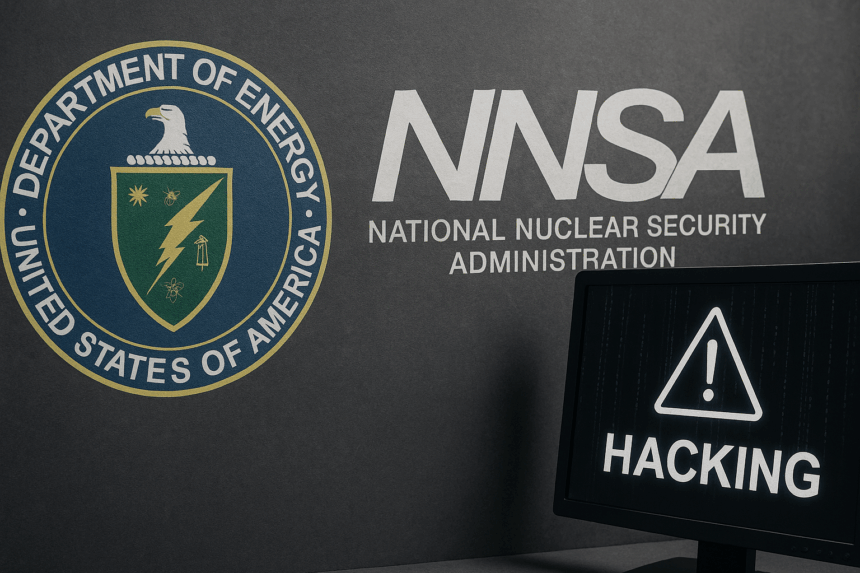The U.S. National Nuclear Security Administration (NNSA), responsible for managing the country’s nuclear weapons stockpile, faces a cyberattack linked to a zero-day vulnerability in Microsoft’s SharePoint software. Chinese state-backed hackers exploited this flaw to breach numerous government agencies and organisations, including NNSA. While the Department of Energy, which oversees NNSA, reports minimal impact, the incident exposes serious cybersecurity risks in critical infrastructure.
What’s Happening & Why This Matters
Hackers exploited a zero-day vulnerability in Microsoft SharePoint on-premises servers starting 7 July. These servers host documents and facilitate collaboration for businesses and government bodies. The flaw lets attackers spoof authentication credentials and remotely execute malicious code. The exploit grants unauthorised access to sensitive systems.
Research by the cybersecurity firm Eye Security reveals that over 400 organisations worldwide, primarily in the U.S., have experienced breaches associated with this SharePoint exploit. The NNSA is among the confirmed victims, with a small number of its systems compromised. The Department of Energy confirms the attack but states the agency suffered minimal impact. The agency employs Microsoft 365 cloud services with advanced cybersecurity defences. All affected systems are under restoration.
Microsoft tracks three main Chinese-linked hacking groups behind the attacks. Linen Typhoon focuses on stealing intellectual property from government and defence sectors. Violet Typhoon dedicates efforts to espionage against former military personnel, think tanks, and various other sectors. Storm-2603 drives espionage operations from China. Microsoft warns that unpatched SharePoint servers remain vulnerable and encourages the immediate installation of security updates.
The zero-day incident has far-reaching implications. SharePoint’s widespread adoption in government and industry makes its security particularly vital. The breach raises concerns about the potential theft of sensitive or classified information, although no confirmed leaks at NNSA have emerged. Still, the event highlights the ongoing threats from state-sponsored cyberespionage and the need for proactive cybersecurity measures.
The U.S. Cybersecurity and Infrastructure Security Agency (CISA) issued guidance to organisations on how to detect and mitigate the SharePoint vulnerability. Meanwhile, Microsoft and other tech firms continue to scale back China-based projects amid geopolitical tensions and heightened scrutiny.
TF Summary: What’s Next
The SharePoint zero-day exploit affecting the U.S. nuclear security agency underlines the persistent threat posed by state-sponsored cyberattacks. Organisations using on-premises SharePoint require immediate security patches to prevent further breaches. The exposure presents the importance of robust cybersecurity in protecting critical infrastructure and national security.
Cybersecurity vigilance remains crucial as threat actors adapt to and exploit new vulnerabilities. Governments and businesses require enhanced defences, shared threat intelligence, and accelerated cloud adoption to reduce exposure. This zero-day attack episode is noteworthy because digital security is a top priority in an increasingly interconnected world.
— Text-to-Speech (TTS) provided by gspeech


